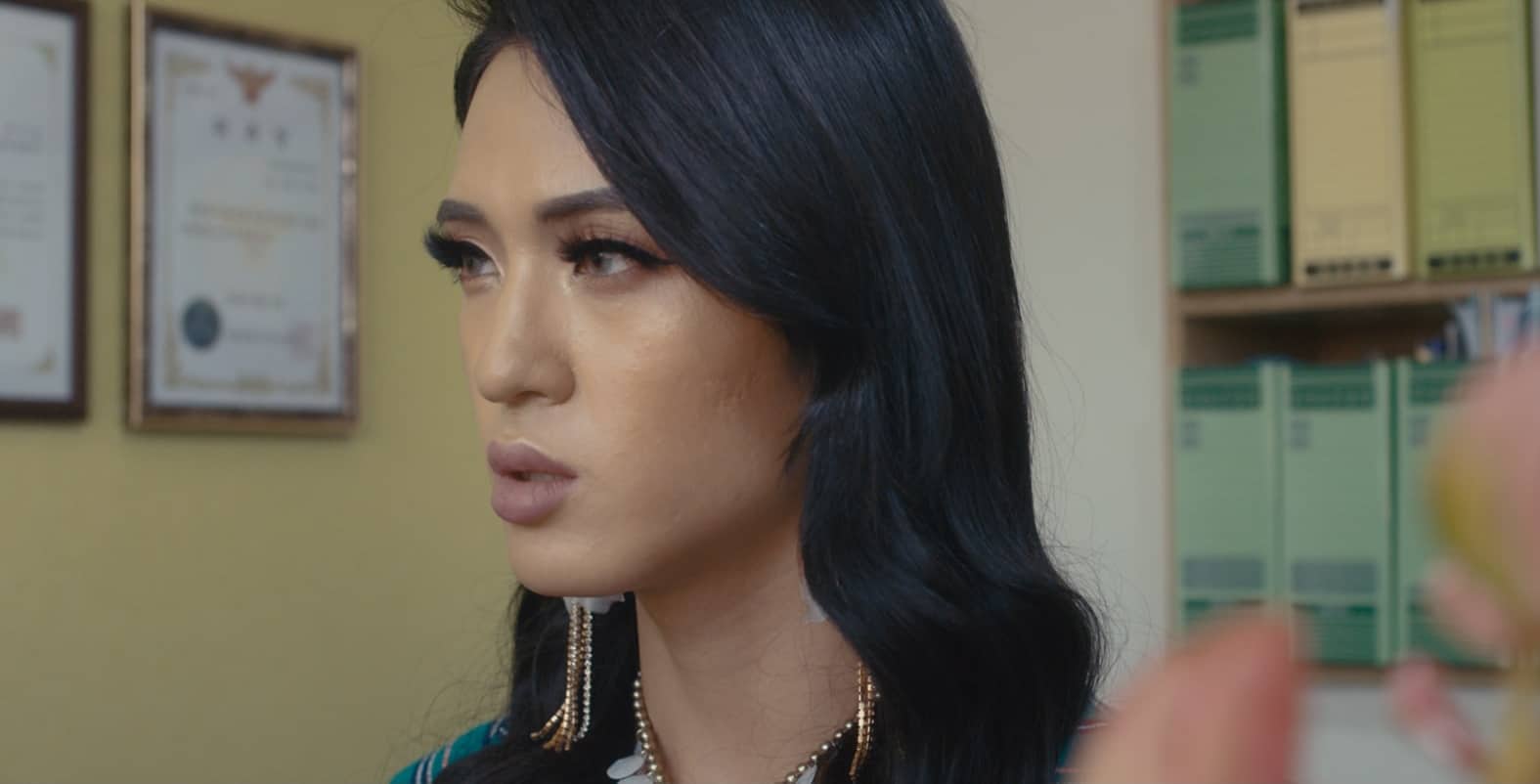“Set in London, the film follows Amir, a young Bangladeshi boy studying abroad. He lives with his elder brother while the rest of his family live back in Bangladesh. Amir leads a double life – His parents know of him as an innocent, sinless boy whereas he is actually someone who occasionally drinks, smokes cannabis, and is sexually active – all of which go against his religion. Once a pious boy due to his religious upbringing, Amir does not know if he believes in God or religion anymore. Yet he pretends to pray and is fast to keep his parents happy. Frustrated and unable to live a lie anymore, one day he decides to confess to his parents via email. Little does he know that his parents are in London for a surprise Eid visit – and that he must deal with this situation in person.”

Written, directed, edited and starring Taha Ismail, “This is Me” acts as a passion project which appears to reflect Ismail's own disenfranchisement from his religious background. While this could be a work of fiction, the title and situation gives the impression of the creator's desire to get his own message across. Unfortunately, this approach to film often leads to an unbearable self indulgence that can isolate the audience. The short falls under the trappings of this approach, but is not without its redeeming qualities.
To address the indulgent nature of the production, the narrative takes a larger issue and tries to focus it solely on one protagonist. However, the lead character's situation does not present the ‘everyman' and instead speaks to a very personalized form of expression. This becomes clear in moments that speak to a certain type of privilege that undermines the sincerity of the struggle. While the overbearing parents feel culturally relevant to many, the rather idyllic life outside of family pressure dulls the sincerity of the subject's struggle, as popularity, indulgence (and enjoyment) of drugs, and paid-for living nullify the idea of the self torment that is trying to be conveyed. Overall, the production comes across as slightly tone deaf and personal to capture the appeal of a wide audience.
The acting reflects a degree of unwanted indulgence as well, as Taha Ismail's performance can be distracting to the overall narrative. The film feels like it could have been better served with an actor who had more of an emotional range. Alternatively, the potential of Ismail as an actor may thrive under another director to help hone that aspect of his repertoire. Ultimately, the performance feels a bit stiff and awkward, though this can be, understandably, contributed to multitasking on set.
Where the confidence of Taha Ismail does shine is in the visual presentation of his work. In stark contrast, the visuals show a maturity and understanding of film beyond the story that feels more rooted in adolescent struggles. It is well framed, blocked and Ismail has a knack for capturing the emotional responses of his subjects. The audio and visual design saves the production by showing technical prowess and proving not every aspect of the film exists as an act of misguided indulgence.
If anything, “This Is Me” demonstrates the folly in one person taking on the bulk of the work, while simultaneously making the movie about themselves. Sadly, the end product is too indulgent to be taken seriously, best highlighted in a moment of reflection where the actor says the name of the film while making a stand against his parents. However, the short is not without merit and gives good reason to be intrigued in the development of Taha Ismail as a filmmaker.















